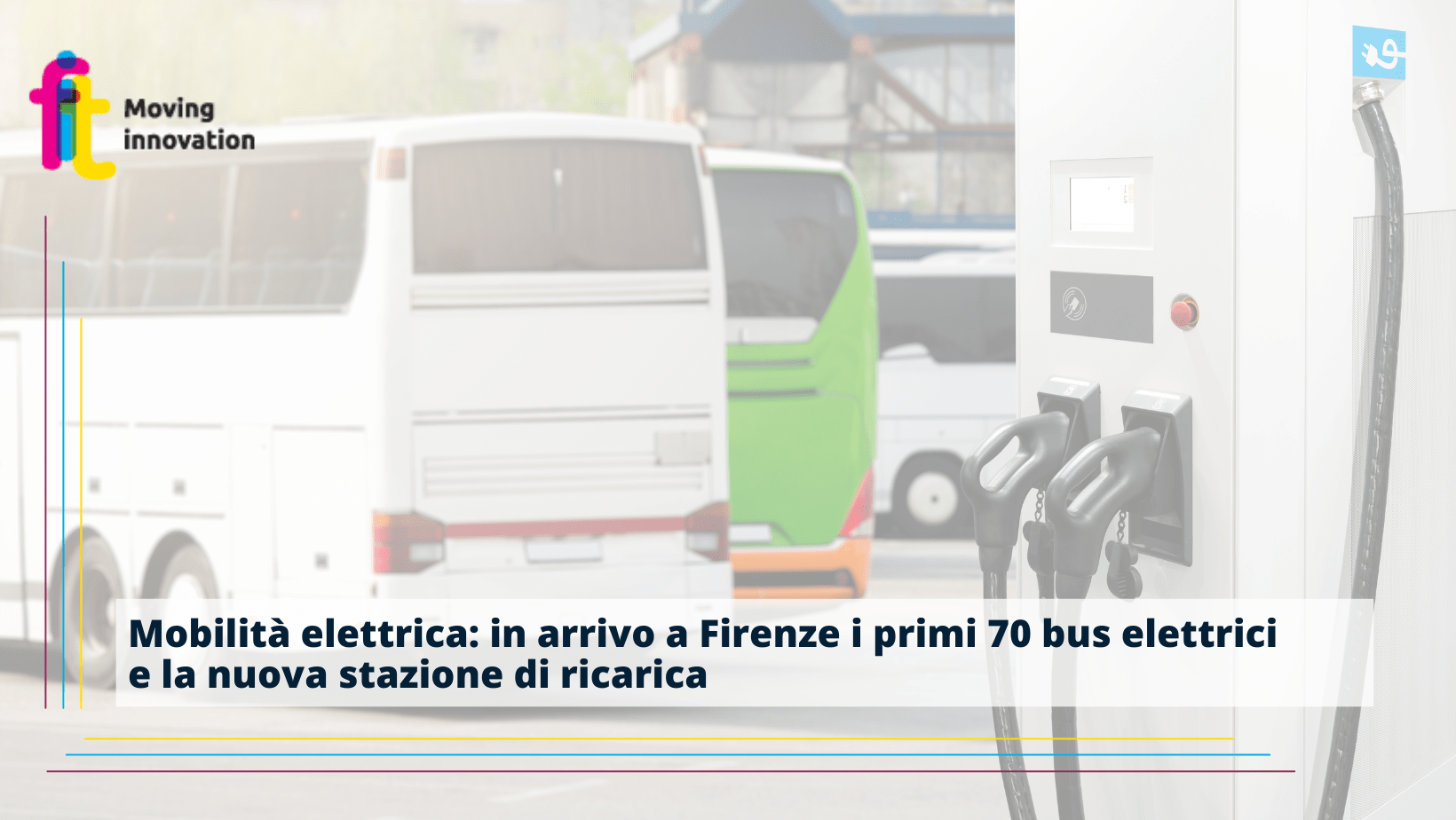After the arrival of the first self-driving tram, the announcement of the arrival of drones for passenger transport, and the launch of the TPL+ initiative to promote the use of local public transport among young people, the first electric buses for local public transport are also on their way to the city of Florence.
Last October, the city council approved the final project for the electric bus recharging facility, which will spend Recovery Plan funds on the LPT, as Mayor Nario Nardella also pointed out.
The package – 48 million euros in total – will allow the construction of the new recharging station and the purchase of 70 electric vehicles (due by June 2026) that will strengthen the public transport network both in the city centre and in the more peripheral areas. Specifically, of the EUR 48 million coming from the PNRR and allocated to Florence, EUR 13,411,560 will be used to build support infrastructures to power the vehicles, while the rest of the funds will be earmarked for the purchase of the new electric vehicles, which will also bring significant benefits in environmental terms. In terms of CO2 emissions, the estimated annual reduction is 3,700 tonnes of CO2; 22.1 tonnes of nitrogen oxides and 0.7 of PM10.
The new charging station will therefore be built in an area chosen on the basis of specific requirements, in order to increase efficiency in the management of the future electric park. In particular, it has been assessed that the area is equipped with electricity distribution infrastructures capable of ensuring the high levels of power required to power the site; the presence of road infrastructures capable of ensuring a fast and efficient connection with the main urban road network involved in the public transport service; a distance that is not too great from the existing maintenance centres so as to optimise routine and extraordinary maintenance operations for the new vehicles; and a sufficient size to accommodate the planned vehicles, estimated at approximately 8,000 square metres).
Furthermore, in order to allow the vehicles to be recharged, special parking areas will be built, the electrical transformation cabin, recharging facilities for a total of 52 vehicles, premises for the service of the driving and custodial staff, and everything necessary to guarantee the optimal functionality of the infrastructure on a project by Tuscan motorways.
Regarding the choice of power supply type, over-night technology, i.e. slow charging at night, was chosen. In this way, it will be possible to have vehicles with greater autonomy without the need to build several charging points along the routes of urban lines.
Source: TTS Italy








